
SCARS Institute’s Encyclopedia of Scams™ Published Continuously for 25 Years

SCARS™ Insight: Good vs. Bad While Recovering
After The Scam, Many Victims Choose To Recover – Sadly, Most Do Not!
Only about 30% of victims will choose to recover from the scam emotionally, the remaining victims will either hide in their denial or allow anger to run their lives.
Even those that have chosen to recover face constant challenges and consequences of continuing bad behaviors.
However, to help victims learn to recover we have to be clear about what is positive behavior vs. negative behavior!
WHAT ARE POSITIVE BEHAVIORS? WHAT ARE NEGATIVE BEHAVIORS?
Especially in the context of a scam victims’ recovery?
Positive behavior is changing the behaviors and attitudes that got you scammed!
A major part of recovering is about avoiding scams & scammers. It is about not letting yourself be put in situations where you have to make a judgment call about whether something is safe or not. Because that did not work so well the last time.
It is preventing or not allowing yourself contact with your past temptations, because MOST victims will be scammed more than once.
Negative behavior is repeating dangerous behaviors and being overconfident!
It is trusting your attitude and determination alone. It is thinking that just because you believe you can’t be scammed again that you will not. That attitude will fail you again and again.
One of the worst negative behaviors is that you continue to allow access to strangers. It is about reading the messages they send you. It is responding when they do. These are not good things.
EVERYONE SAYS NEVER AGAIN
But After Almost 29 Years We Know It Is Not True
88% of alcoholics relapse. Only 12% successfully recover. It is about the same for drug addicts. It is not about wanting to recover, it is about preventing their recovery with continued dangerous behavior.
Resisting a scammer is better than nothing, but by putting yourself in that position over and over you run the risk of being scammed again. Scammers are not so much smart as they are relentless.
There are thousands of different approaches, and once they know you will not fall for one approach they will try others.
AND THEY WILL TRY OVER AND OVER BECAUSE THE ODDS ARE IN THEIR FAVOR NOT YOURS.
They already know that you are susceptible to being scammed. In that regard you are like an addict, an addict is an addict for life. A scam victim remains a scam victim until they learn to not be one, and even then you can still be scammed.
YOU have to admit to yourself that you were scammed and you can be again. Everyone is scammed on some level all the time – when you buy a product and then get it and ask yourself what you were thinking? – you were scammed. There are countless examples of things we buy or do or say where we did not think it through and it turned out to be false – these were scams of one kind or another.
You Have To Acknowledge That You Do Not Know How To Recognize A Scam All The Time
Yes, maybe you can now recognize some scams now but certainly not all or even most.
The first thing you must understand is you cannot think your way out of scans. You have to change your behavior to prevent it or at least reduce the risk. Avoiding scams is the best way to not be scammed.
Avoiding all contact with strangers is the most important element in your defense.
Do not allow yourself to talk with a stranger and nothing will happening, because if you keep talking with them eventually it will.
This Is About The Numbers – The Average Victim Is Scammed Nearly Three Times!
Think about that – average – that means some are scammed once and some are scammed many many times. What is the difference between them? Eliminating risk in their lives and not relying on intellectual thought. Any security expert will tell you that safe habits make more of a difference than being smart.
Also, 70% of victims never recover from scams. They either remain in denial and stay emotionally broken or they let anger rule their lives.
Are you in the 70%? Or The 30% That Recover?
The way you know is if you work at your recovery and learn to not allow yourself to become a victim again. It is not attitude, it is actions.
Each event is a potential lesson. That is the point of this website and our support groups and the recovery process itself so that each person can learn from each other.
As much as support groups are a social group it is also a recovery group and there are hard truths and lessons to be learned. The foundation of why join a real support group is to recover and we will do what we can to help that become a reality for each person in our support groups. But remember that most groups online are amateurs and incompetent. We are a registered professional crime victims’ assistance and support organization, and one of only 3 or 4 in the world. If you want to join one of our support groups just let us know.
But For Now! Stop Talking To Strangers. Period!
PLEASE SHARE OUR ARTICLES WITH YOUR CONTACTS
HELP OTHERS STAY SAFE ONLINE
SCARS™ Team
A SCARS Division
Miami Florida U.S.A.
TAGS: SCARS, Important Article, Information About Scams, Anti-Scam, Scam Victim Behaviors, Bad for Recovery, Good Behavioral Changes, Recovering From A Romance Scam, SCARS™ Insight
The Latest SCARS|RSN Posts
FIND MORE SCAM NEWS
«SCAMCRIME.COM»
CHAT WITH SCARS™
«CLICK HERE»
END
MORE INFORMATION
– – –
Tell us about your experiences with Romance Scammers in our
« Scams Discussion Forum on Facebook »
– – –
FAQ: How Do You Properly Report Scammers?
It is essential that law enforcement knows about scams & scammers, even though there is nothing (in most cases) that they can do.
Always report scams involving money lost or where you received money to:
- Local Police – ask them to take an “informational” police report – say you need it for your insurance
- U.S. State Police (if you live in the U.S.) – they will take the matter more seriously and provide you with more help than local police
- Your National Police or FBI « www.IC3.gov »
- The SCARS|CDN™ Cybercriminal Data Network – Worldwide Reporting Network « HERE » or on « www.Anyscam.com »
This helps your government understand the problem, and allows law enforcement to add scammers on watch lists worldwide.
– – –
Visit our NEW Main SCARS Facebook page for much more information about scams and online crime: « www.facebook.com/SCARS.News.And.Information »
To learn more about SCARS visit « www.AgainstScams.org »
Please be sure to report all scammers
« HERE » or on « www.Anyscam.com »
Legal Notices:
All original content is Copyright © 1991 – 2020 SCARS All Rights Reserved Worldwide & Webwide. Third-party copyrights acknowledge.
SCARS, RSN, Romance Scams Now, SCARS|WORLDWIDE, SCARS|GLOBAL, SCARS, Society of Citizens Against Relationship Scams, Society of Citizens Against Romance Scams, SCARS|ANYSCAM, Project Anyscam, Anyscam, SCARS|GOFCH, GOFCH, SCARS|CHINA, SCARS|CDN, SCARS|UK, SCARS Cybercriminal Data Network, Cobalt Alert, Scam Victims Support Group, are all trademarks of Society of Citizens Against Relationship Scams Incorporated.
Contact the law firm for the Society of Citizens Against Relationship Scams Incorporated by email at legal@AgainstScams.org
-/ 30 /-
What do you think about this?
Please share your thoughts in a comment below!
Table of Contents
- After The Scam, Many Victims Choose To Recover – Sadly, Most Do Not!
- WHAT ARE POSITIVE BEHAVIORS? WHAT ARE NEGATIVE BEHAVIORS?
- EVERYONE SAYS NEVER AGAIN
- But After Almost 29 Years We Know It Is Not True
- You Have To Acknowledge That You Do Not Know How To Recognize A Scam All The Time
- This Is About The Numbers – The Average Victim Is Scammed Nearly Three Times!
- But For Now! Stop Talking To Strangers. Period!
- The Latest SCARS|RSN Posts
- Ethereum ETHM Token Trap and Pig Butchering Scams – 2026
- New U.S. Law – S.3643 – 118th Congress – Will Dramatically Impact Scammers and Terrorists – 2026
- How Scam Survivors Can Survive Valentine’s Day – 2026
- U.S. Veterans Benefits Scams – 2026
- New AI Voice Cloning Phone Scams – 2026
- An Essay on Justice and Money Recovery – 2026
- Tell us about your experiences with Romance Scammers in our
« Scams Discussion Forum on Facebook » - FAQ: How Do You Properly Report Scammers?
- Please be sure to report all scammers
« HERE » or on « www.Anyscam.com » - Legal Notices:
LEAVE A COMMENT?
Recent Comments
On Other Articles
- Arwyn Lautenschlager on Love Bombing And How Romance Scam Victims Are Forced To Feel: “I was love bombed to the point that I would do just about anything for the scammer(s). I was told…” Feb 11, 14:24
- on Dani Daniels (Kira Lee Orsag): Another Scammer’s Favorite: “You provide a valuable service! I wish more people knew about it!” Feb 10, 15:05
- on Danielle Delaunay/Danielle Genevieve – Stolen Identity/Stolen Photos – Impersonation Victim UPDATED 2024: “We highly recommend that you simply turn away form the scam and scammers, and focus on the development of a…” Feb 4, 19:47
- on The Art Of Deception: The Fundamental Principals Of Successful Deceptions – 2024: “I experienced many of the deceptive tactics that romance scammers use. I was told various stories of hardship and why…” Feb 4, 15:27
- on Danielle Delaunay/Danielle Genevieve – Stolen Identity/Stolen Photos – Impersonation Victim UPDATED 2024: “Yes, I’m in that exact situation also. “Danielle” has seriously scammed me for 3 years now. “She” (he) doesn’t know…” Feb 4, 14:58
- on An Essay on Justice and Money Recovery – 2026: “you are so right I accidentally clicked on online justice I signed an agreement for 12k upfront but cd only…” Feb 3, 08:16
- on The SCARS Institute Top 50 Celebrity Impersonation Scams – 2025: “Quora has had visits from scammers pretending to be Keanu Reeves and Paul McCartney in 2025 and 2026.” Jan 27, 17:45
- on Scam Victims Should Limit Their Exposure To Scam News & Scammer Photos: “I used to look at scammers photos all the time; however, I don’t feel the need to do it anymore.…” Jan 26, 23:19
- on After A Scam, No One Can Tell You How You Will React: “This article was very informative, my scams happened 5 years ago; however, l do remember several of those emotions and/or…” Jan 23, 17:17
- on Situational Awareness and How Trauma Makes Scam Victims Less Safe – 2024: “I need to be more observant and I am practicing situational awareness. I’m saving this article to remind me of…” Jan 21, 22:55
ARTICLE META
Important Information for New Scam Victims
- Please visit www.ScamVictimsSupport.org – a SCARS Website for New Scam Victims & Sextortion Victims
- Enroll in FREE SCARS Scam Survivor’s School now at www.SCARSeducation.org
- Please visit www.ScamPsychology.org – to more fully understand the psychological concepts involved in scams and scam victim recovery
If you are looking for local trauma counselors please visit counseling.AgainstScams.org or join SCARS for our counseling/therapy benefit: membership.AgainstScams.org
If you need to speak with someone now, you can dial 988 or find phone numbers for crisis hotlines all around the world here: www.opencounseling.com/suicide-hotlines
A Note About Labeling!
We often use the term ‘scam victim’ in our articles, but this is a convenience to help those searching for information in search engines like Google. It is just a convenience and has no deeper meaning. If you have come through such an experience, YOU are a Survivor! It was not your fault. You are not alone! Axios!
A Question of Trust
At the SCARS Institute, we invite you to do your own research on the topics we speak about and publish, Our team investigates the subject being discussed, especially when it comes to understanding the scam victims-survivors experience. You can do Google searches but in many cases, you will have to wade through scientific papers and studies. However, remember that biases and perspectives matter and influence the outcome. Regardless, we encourage you to explore these topics as thoroughly as you can for your own awareness.
Statement About Victim Blaming
SCARS Institute articles examine different aspects of the scam victim experience, as well as those who may have been secondary victims. This work focuses on understanding victimization through the science of victimology, including common psychological and behavioral responses. The purpose is to help victims and survivors understand why these crimes occurred, reduce shame and self-blame, strengthen recovery programs and victim opportunities, and lower the risk of future victimization.
At times, these discussions may sound uncomfortable, overwhelming, or may be mistaken for blame. They are not. Scam victims are never blamed. Our goal is to explain the mechanisms of deception and the human responses that scammers exploit, and the processes that occur after the scam ends, so victims can better understand what happened to them and why it felt convincing at the time, and what the path looks like going forward.
Articles that address the psychology, neurology, physiology, and other characteristics of scams and the victim experience recognize that all people share cognitive and emotional traits that can be manipulated under the right conditions. These characteristics are not flaws. They are normal human functions that criminals deliberately exploit. Victims typically have little awareness of these mechanisms while a scam is unfolding and a very limited ability to control them. Awareness often comes only after the harm has occurred.
By explaining these processes, these articles help victims make sense of their experiences, understand common post-scam reactions, and identify ways to protect themselves moving forward. This knowledge supports recovery by replacing confusion and self-blame with clarity, context, and self-compassion.
Additional educational material on these topics is available at ScamPsychology.org – ScamsNOW.com and other SCARS Institute websites.
Psychology Disclaimer:
All articles about psychology and the human brain on this website are for information & education only
The information provided in this article is intended for educational and self-help purposes only and should not be construed as a substitute for professional therapy or counseling.
While any self-help techniques outlined herein may be beneficial for scam victims seeking to recover from their experience and move towards recovery, it is important to consult with a qualified mental health professional before initiating any course of action. Each individual’s experience and needs are unique, and what works for one person may not be suitable for another.
Additionally, any approach may not be appropriate for individuals with certain pre-existing mental health conditions or trauma histories. It is advisable to seek guidance from a licensed therapist or counselor who can provide personalized support, guidance, and treatment tailored to your specific needs.
If you are experiencing significant distress or emotional difficulties related to a scam or other traumatic event, please consult your doctor or mental health provider for appropriate care and support.
Also read our SCARS Institute Statement about Professional Care for Scam Victims – click here to go to our ScamsNOW.com website.


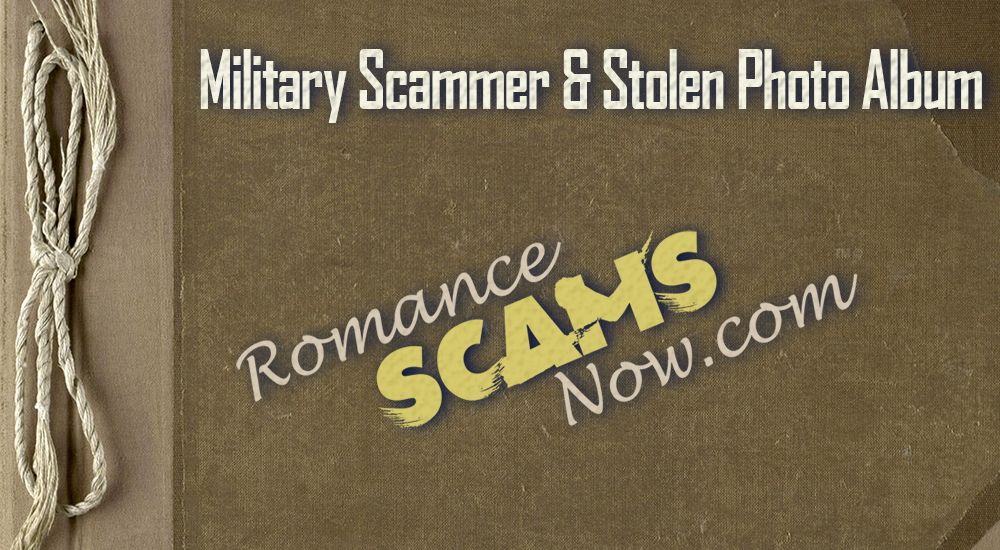
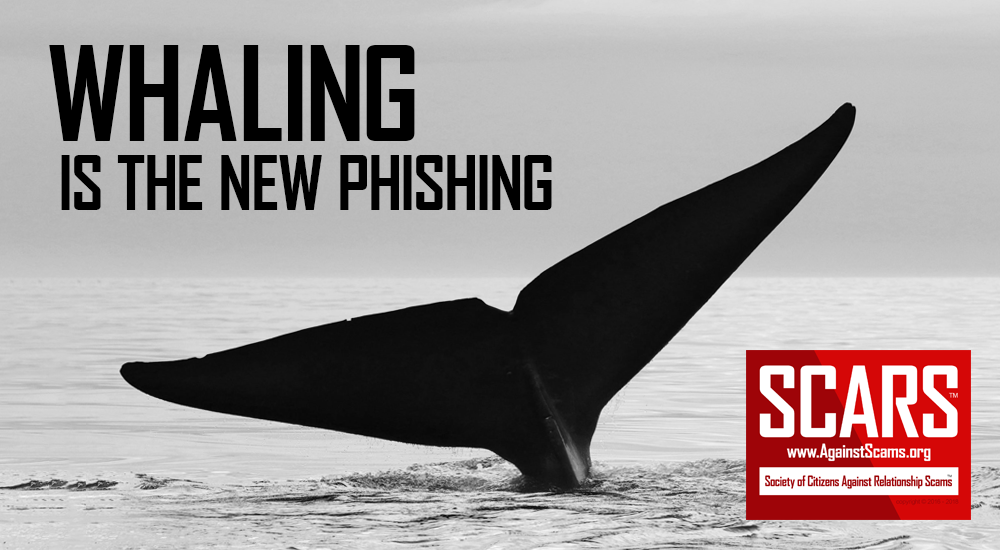


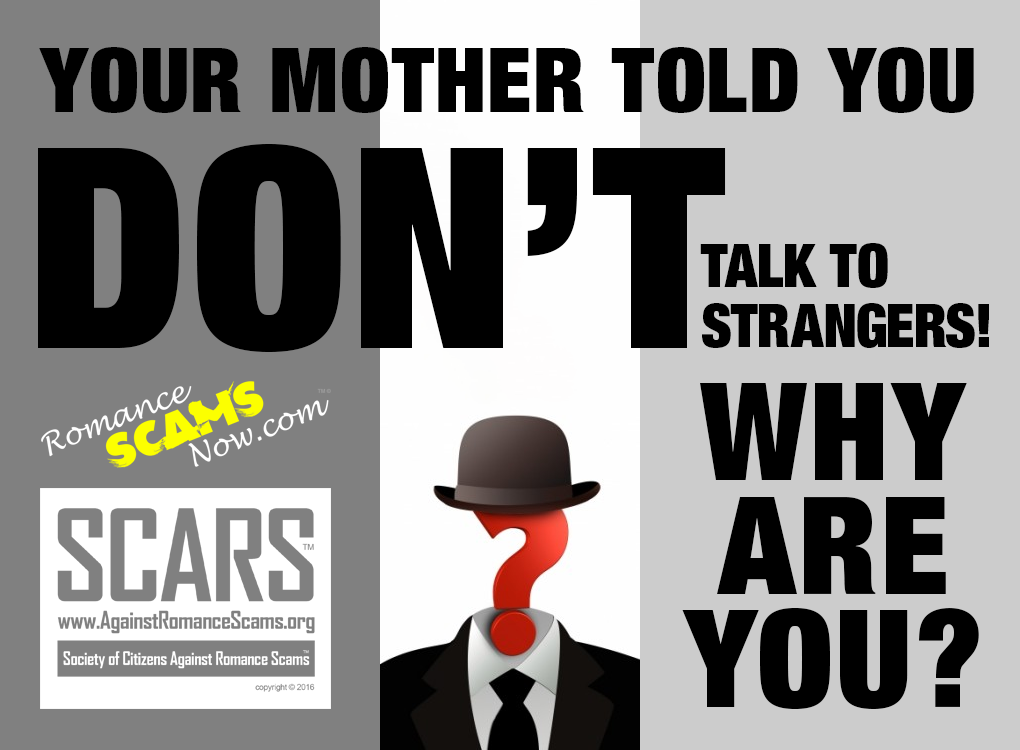









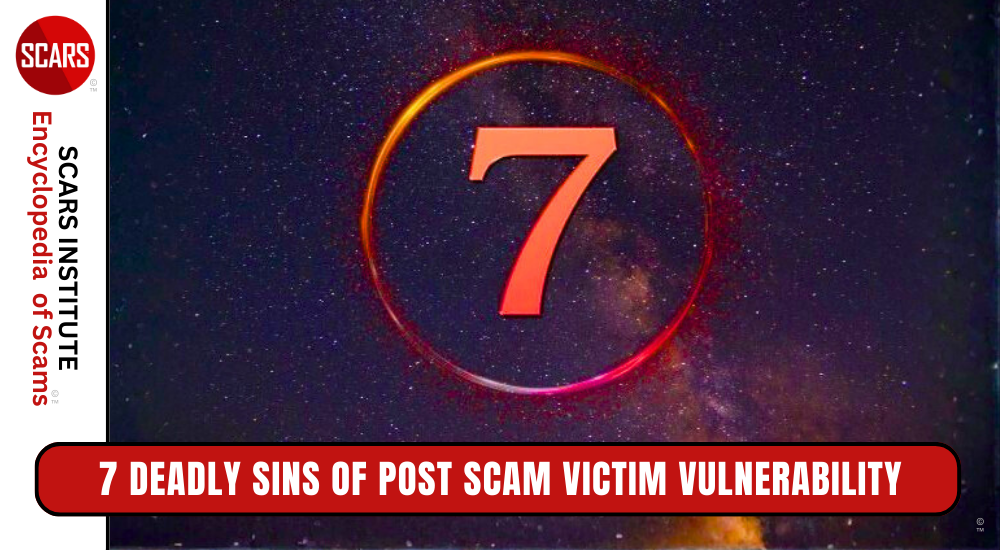

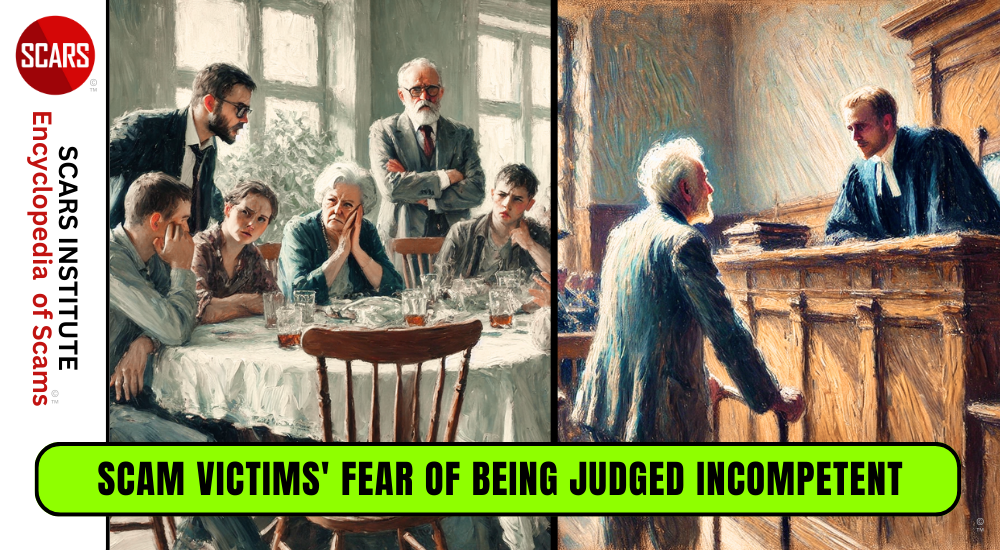
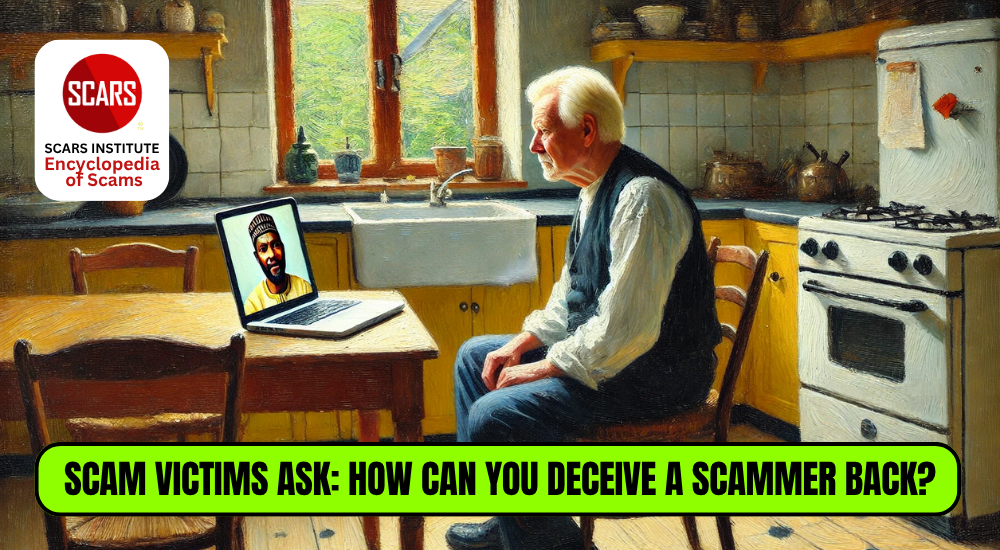
![Financial Recovery - Avoid Money Triggers - Perspective on Money for Scam Victims - 2023 [UPDATED 2025] Financial Recovery Money Triggers Financial Recovery - Avoid Money Triggers - Perspective on Money for Scam Victims - 2023 [UPDAYED 2025] - on the SCARS Institute RomanceScamsNOW.com - the Encyclopedia of Scams™](https://romancescamsnow.com/wp-content/uploads/2025/06/Financial-Recovery-Money-Triggers.png)
![Married Scam Victims: Rebuilding Trust in a Marriage Following a Romance Scam - [UPDATED 2025] Married Scam Victims 2025 Married Scam Victims: Rebuilding Trust in a Marriage Following a Romance Scam - [UPDATED 2025] - on the SCARS Institute RomanceScamsNOW.com - the Encyclopedia of Scams™](https://romancescamsnow.com/wp-content/uploads/2021/04/Married-Scam-Victims-2025.png)




Thank you for your comment. You may receive an email to follow up. We never share your data with marketers.